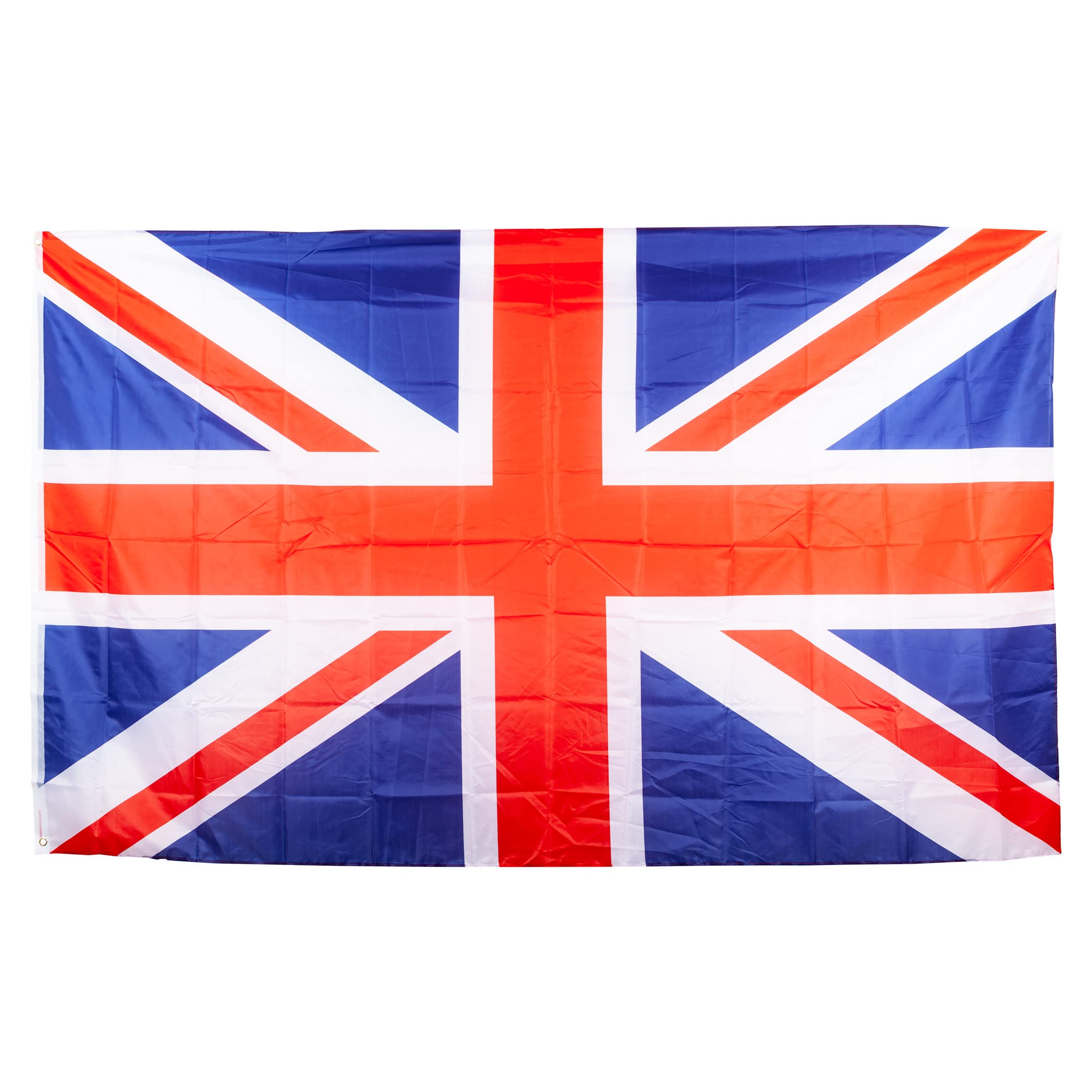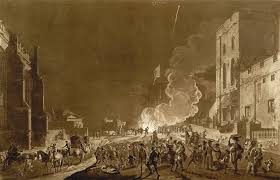
Introduction
The Union Jack, the national flag of the United Kingdom, is more than just a piece of fabric; it embodies the history, diversity, and unity of the British Isles. As the official flag combining elements from England, Scotland, and Northern Ireland, the Union Jack serves as a powerful symbol of national pride and heritage. Its relevance has surged in recent years, especially during significant events such as national celebrations, royal occasions, and sporting events.
The History of the Union Jack
The origins of the Union Jack can be traced back to the early 17th century. The flag was first created in 1606 after the union of the crowns of England and Scotland under King James VI and I. It combined the red cross of St George, representing England, the white saltire of St Andrew for Scotland, and was later modified in 1801 to include the red saltire of St Patrick, representing Ireland.
Despite its storied history, the official use of the Union Jack has evolved over the years. It gained further prominence during the British Empire, symbolising the nation’s global status and colonial reach. Today, it serves not only as a national flag but also represents the United Kingdom’s international identity.
Modern Cultural Significance
In recent years, the Union Jack has seen a resurgence in popularity. Its adoption in fashion, art, and branding reflects a renewed interest in British identity and nationalism. Events like the 2012 London Olympics and royal milestones have further cemented the flag’s significance in contemporary British culture.
Moreover, the Union Jack has also been a topic of debate regarding its symbolism. While many view it as a unifying symbol of British heritage, others see it as representative of colonialism and imperialism. This duality is central to discussions on national identity, particularly in countries and regions impacted by British colonial rule.
Conclusion
The Union Jack remains an enduring emblem of the United Kingdom, steeped in history and evolving in meaning. As discussions around identity and nationalism continue to unfold, the flag serves as a focal point for exploring what it means to be British in the modern world. Moving forward, its significance may continue to shift, reflecting the complexities of a nation steeped in traditions, yet constantly adapting to the global landscape.
You may also like

Understanding Guy Fawkes Day and Its Modern Significance

The Evolution and Importance of Mirrors in Our Lives
